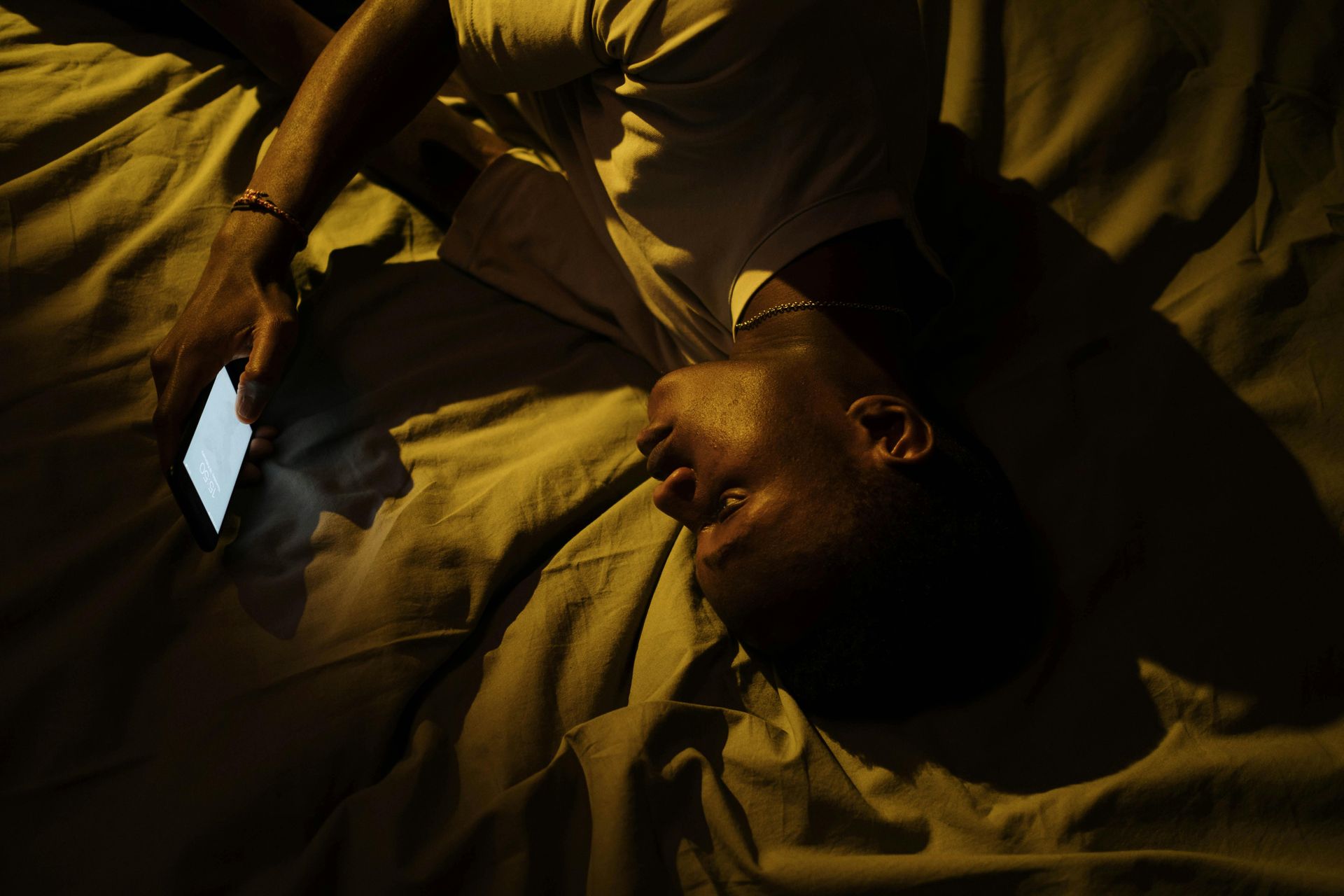insomnia
Learn More about Insomnia in Shreveport

Insomnia is a very prevalent and expensive disorder. The National Institutes of Health estimates that insomnia affects more than 70 million Americans at a cost including treatment, healthcare services, hospital and nursing home care, of about $14 billion annually. Indirect costs such as work loss, property damage from accidents and transportation to and from healthcare providers, are estimated to be about $28 billion.
Insomnia is defined as difficulty going to sleep, difficulty staying asleep, and or waking up too early. Acute insomnia is often due to a temporary stressful event, it usually lasts less than 3-4 weeks and may be treated with hypnotic medications or sleeping pills. Chronic insomnia, however, lasting a month or longer, may be primary or secondary to medical, physical or psychological conditions. It also may be due to other sleep disorder, or medications. In particular abnormal breathing during sleep as in Sleep Apnea as well as Restless Leg Syndrome and Periodic Limb Movement Disorder are major causes of secondary insomnia.
The appropriate diagnosis ensures the right treatment.
Poor sleep habits are also major contributing factors to primary and other forms of insomnia.
Insomnia is a risk factor for the onset of depression and can significantly affect your quality of life. Insomnia can result in daytime fatigue, drowsy driving, mood disturbances, depression and concentration difficulty.
The non pharmacologic treatments of insomnia include:
- Behavioral therapy helps the patient learn and implement techniques that allow them to improve sleep.
- Stimulus control trains people to use their bed and bedroom for sleep and sex only and to avoid using it as a place for all other life activities.
- Cognitive therapy helps the patient with attitudes and beliefs that may contribute to poor sleep.
- Relaxation training, which often involves reducing tension and muscular relaxation techniques.
Pharmacologic treatment of Insomnia:
Prescription medications may be used to help some patients with insomnia. The choice of medication as well as the duration of treatment depends on the patient's condition and has to be approached in a careful and judicious manner. Recent studies have found that long-term use of a hypnotic medication may be safe and efficacious and this may be a choice in a few patients. In most instances however, it is imperative to identify and correct the underlying problem rather than just treat the symptoms and risk dependence and side effects. The most common side effects include sedation, memory problems, abnormal behavior during sleep and risk of injury.
Over the counter sleep medications are mostly antihistamines and have other effects. They generally have longer duration of action causing daytime symptoms. Additionally those medications may lose their effectiveness with repeated use.
Sleep Hygiene tips for insomnia:
- Establish a regular sleep-wake schedule. This means getting up at the same time every day of the week.
- Get a good dose of daylight every morning. This sets your biologic clock.
- Don't spend too much time in bed.
- Do not go to bed because you are bored, tired, or because it is time.
- Do not use the bed for resting.
- Do not try to force yourself to sleep by spending more time in bed.
- Do not eat or drink too much before bedtime.
- Design your sleep environment to be quiet, dark, cool and comfortable.
- Do not read or watch TV in bed.
- The bed should only be for sleep and sex.
- If you cannot go to sleep get out of bed and do something boring.
- Do not stay in bed getting frustrated.
- Avoid engaging in any physical activity right before bedtime.
- Avoid working on the computer right before bedtime.
- Avoid caffeine, particularly late in the day.
- Avoid alcohol and nicotine, especially close to bedtime.
- Exercise regularly but not within four hours of bedtime.
- Avoid naps, particularly in the late afternoon or evening.